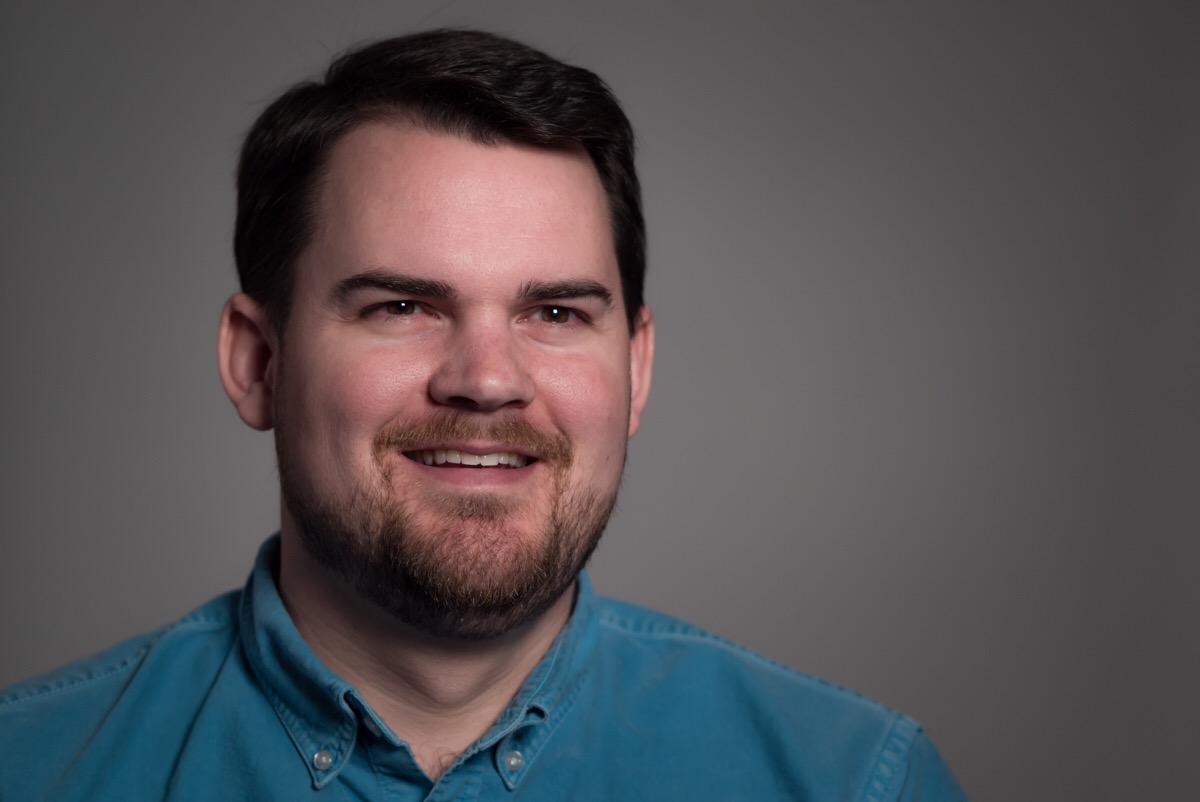FAYETTEVILLE, Ark. — Hugh Churchill will join the Department of Physics in the J. William Fulbright College of Arts and Sciences this fall as an assistant professor. Churchill comes to the University of Arkansas from the Massachusetts Institute of Technology where he was a Pappalardo Fellow in Physics.
"Dr. Churchill brings to the department new expertise and capabilities in a research area that is currently of great interest, and which also overlaps with other work currently being done in the department," said Julio Gea-Banacloche, department chair. "He will substantially strengthen our program in experimental condensed matter and materials science."
In his doctoral program, Churchill worked with professor Charles Marcus at Harvard to develop devices in which electron spins function as bits for quantum information processing and explored the interplay between superconductivity and semiconductor spin physics. His current research focuses on quantum transport and optoelectronics in atomically layered materials.
"I am really excited to return to my home state to teach physics and to join the department where I got my start in physics research as an undergraduate summer intern," Churchill said. "I look forward to establishing a laboratory to train new scientists in basic nanoscience research that will provide the foundation of future technologies. We're going to be making nanoscale electronic devices with properties that are enhanced or enabled by quantum mechanical effects."
Churchill has received many prestigious awards such as the White Prize for Excellence in Teaching from the Harvard Physics Department and an IBM Ph.D. Fellowship. He is originally from Conway, Arkansas.
He earned a Bachelor of Arts in physics and mathematics and a Bachelor of Music in tuba performance from Oberlin College and Conservatory of Music. He holds an A.M. and a doctorate in physics from Harvard University.
About the Department: The Department of Physics offers degrees that provide a broad background in the physics and technology of today and tomorrow with courses in astronomy, biophysics, computational physics, electronics and optics and research opportunities in astronomy, biophysics, nanophysics, computational/theoretical physics and quantum and non-linear physics.
Contacts
Julio Gea-Banacloche, chair
Department of Physics
479-575-2506,
Meaghan Blanchard, communications intern
J. William Fulbright College of Arts and Sciences
479-575-3712,
